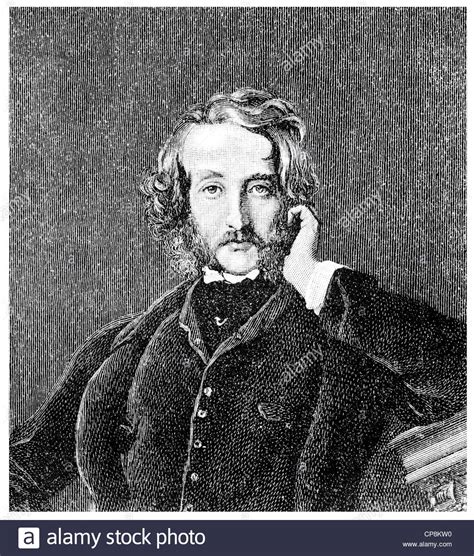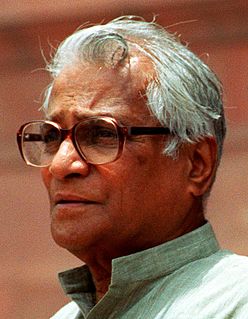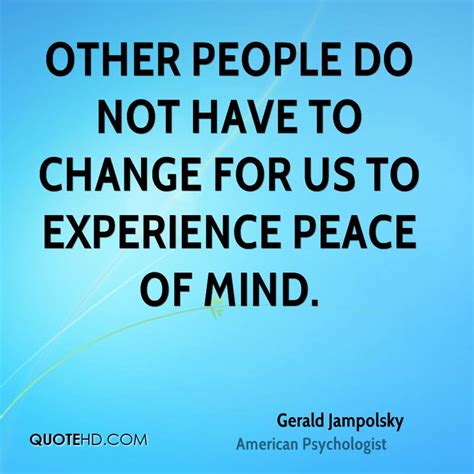A Quote by Edward Bulwer-Lytton, 1st Baron Lytton
He who seeks repentance for the past, should woo the angel virtue for the future.
Related Quotes
If you say, "Woo, woo, woo!" to me, I'll say it back. I love it. "Woo, woo, woo" is something that my character used to say. It's something that my mother used to say to my brother and me when we were kids. When words would fail her, she'd just go, "Oh, woo, woo, woo." It's compassion. It's a combination of "I see you, I feel you, I acknowledge you, I got your back."
And we should forget, day by day, what we have done; this is true non-attachment. And we should do something new. To do something new, of course we must know our past, and this is alright. But we should not keep holding onto anything we have done; we should only reflect on it. And we must have some idea of what we should do in the future. But the future is the future, the past is the past; now we should work on something new.
The Past is dead, and has no resurrection; but the Future is endowed with such a life, that it lives to us even in anticipation. The Past is, in many things, the foe of mankind; the Future is, in all things, our friend. In the Past is no hope; The Future is both hope and fruition. The Past is the text-book of tyrants; the Future is the Bible of the Free. Those who are solely governed by the Past stand like Lot's wife, crystallized in the act of looking backward, and forever incapable of looking before.
There are still people who insist that we have to preach on repentance. Well, I disagree! I think we should do it God’s way – preach the goodness of God and allow the goodness of God to lead people to repentance. Such repentance will be true repentance. It will not be motivated by the fear of judgment and indignation. It will be a genuine repentance that is motivated by His grace, unconditional love and compassion. After all, our ability to love God stems from our first tasting His love for us.
There is, however, no advantage in reflections on the past further than may be of service to the present. For the future we must provide by maintaining what the present gives us and redoubling our efforts; it is hereditary to us to win virtue as the fruit of labour, and you must not change the habit, even though you should have a slight advantage in wealth and resources; for it is not right that what was won in want should be lost in plenty.
When we think we have been hurt by someone in the past, we build up defenses to protect ourselves from being hurt in the future. So the fearful past causes a fearful future and the past and future become one. We cannot love when we feel fear.... When we release the fearful past and forgive everyone, we will experience total love and oneness with all.
This is how one pictures the angel of history. His face is turned toward the past. Where we perceived a chain of events, he sees one single catastrophe which keeps piling wreckage and hurls it in front of his feet. The angel would like to stay, awaken the dead, and make whole what has been smashed. But a storm is blowing from Paradise; it has got caught in his wings with such violence that the angel can no longer close them. This storm irresistably propels him into the future to which his back is turned, while the pile of debris before him grows skyward. The storm is what we call progress.
If history is to be creative, to anticipate a possible future without denying the past, it should, I believe, emphasize new possibilities by disclosing those hidden episodes of the past when, even if in brief flashes, people showed their ability to resist, to join together, occasionally to win. I am supposing, or perhaps only hoping, that our future may be found in the past's fugitive movements of compassion rather than in its solid centuries of warfare.






































